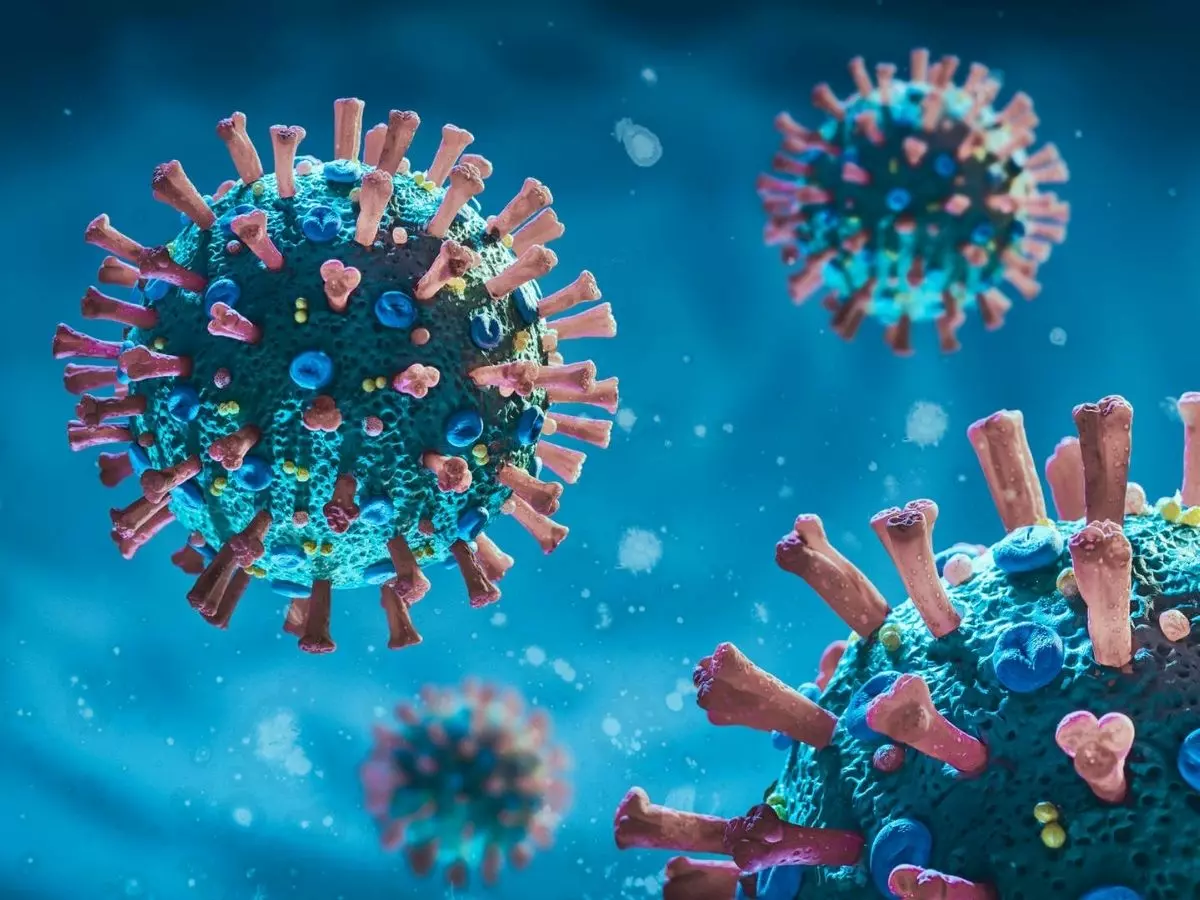Coronavirus Mutations Aren't Deadlier Or Spreading More Rapidly, Claims Study
Researchers looked at a dataset involving 46,723 COVID-19 genomes derived from patients from 99 countries till the month of July. In this dataset, scientists discovered 12,706 mutations of the novel coronavirus in total.

One of the major fears we all had with respect to the COVID-19 (apart from contracting it) was that it would evolve and get more aggressive.
The whole fear of mutation arose when cases of the novel coronavirus started to emerge in other parts of the world.
 Getty Images
Getty Images
When researchers looked into it, they discovered that the coronavirus was different (dubbed D614G) from the original strain that was first spotted in Wuhan. Scientists feared this would be more infectious than the original. However, a new study has now found that none of the documented mutations of SARS CoV-2 has gotten more intense in spreading.
Researchers looked at a dataset involving 46,723 COVID-19 genomes derived from patients from 99 countries till the month of July. In this dataset, scientists discovered 12,706 mutations of the novel coronavirus in total. However, none of these mutations were found to be spreading rapidly.
Moreover, out of the 12,706 mutations, 398 appeared to have occurred on its own, consecutively and out of the 398, only 185 mutations occurred at least three times independently since the outbreak.
The researchers found that these common mutations don¡¯t indicate that they are increasing the virus¡¯s transmissibility. Instead, most common mutations are neutral for the virus.
 Reuters
Reuters
Lead author of the study, Lucy van Dorp, of UCL Genetics Institute, explains Fortunately, we found that none of these mutations are making Covid-19 spread more rapidly, but we need to remain vigilant and continue monitoring new mutations, particularly as vaccines get rolled out.¡±
Francois Balloux, a UCL professor who was also a part of the study said that even though this study poses no threat to the efficacy of vaccines in development, it could pressure the virus to mutate aggressively to escape the wrath of the vaccine, ¡°The news on the vaccine front looks great. The virus may well acquire vaccine-escape mutations in the future, but we¡¯re confident we¡¯ll be able to flag them up promptly, which would allow updating the vaccines in time if required.¡±
